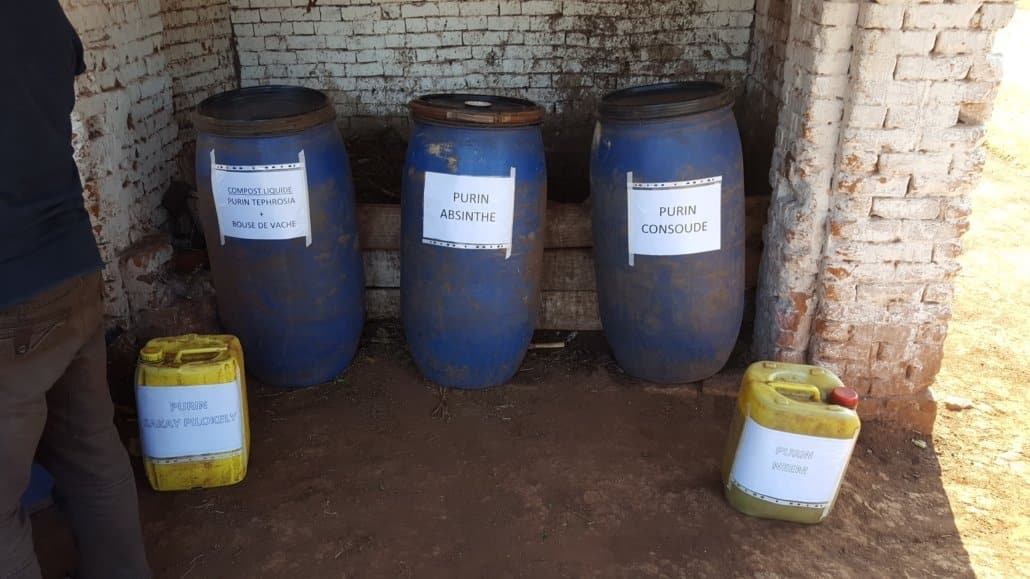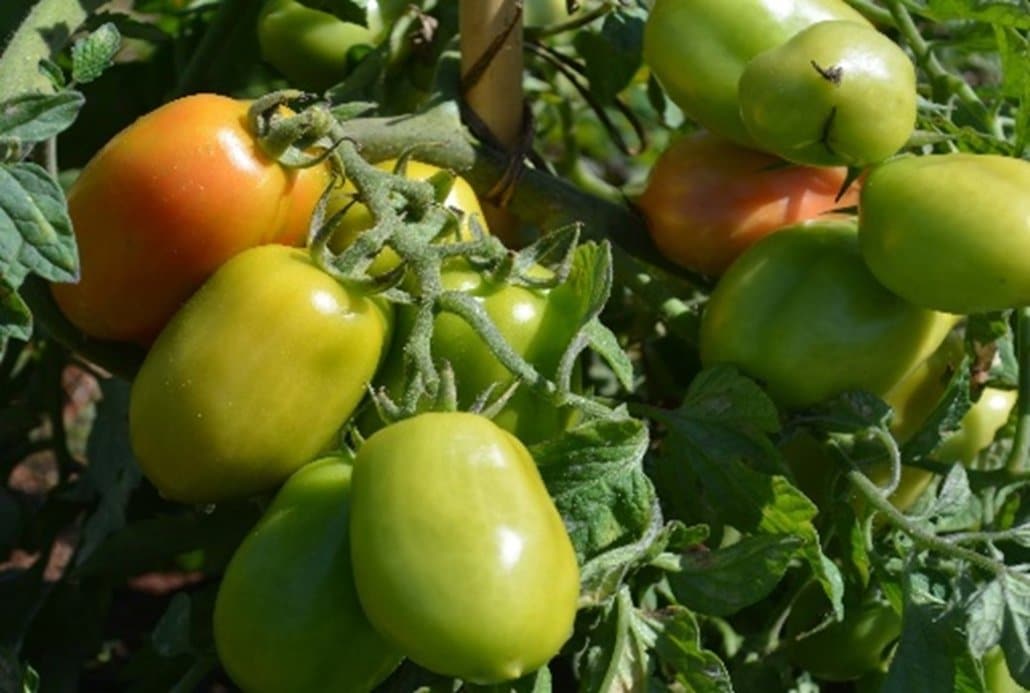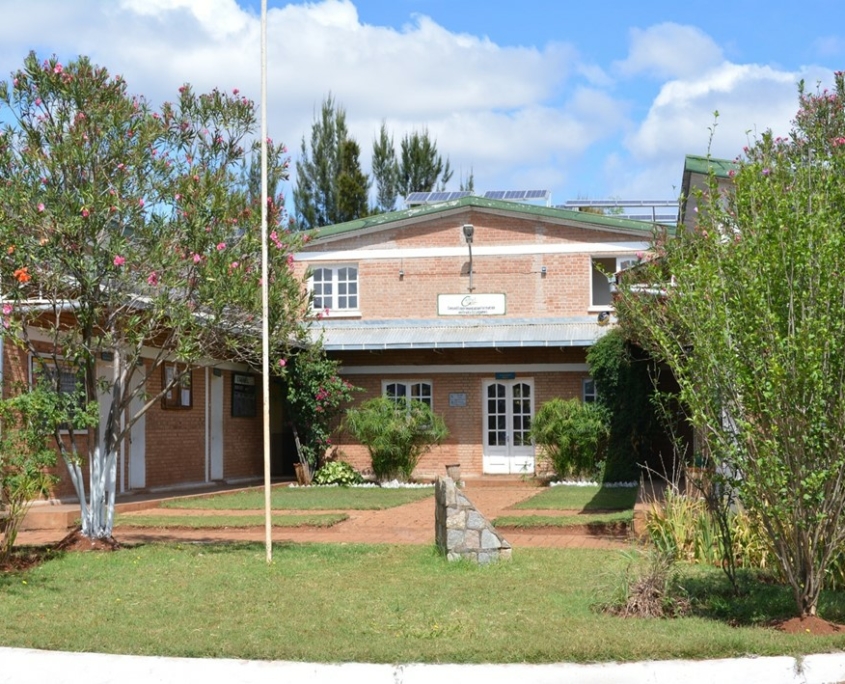In Madagascar, Ceffel (Conseil Expérimentation Formation en Fruits et Légumes – Advisory Experimentation Training in Fruit and Vegetables), a farmers’ organization supported by Fert and affiliated to Fifata, is developing the production of bio-inputs for the farmers of the Fifata group. The objective: to support farmers in their agro-ecological practices and improve fruit and vegetable production.
Since 2006, Ceffel has been conducting experimentation to improve environmentally friendly technical itineraries. In keeping with these experimentations, Ceffel provides technical training on bio-input production to help farmers reduce the cost of buying inputs, improve yields and obtain better quality products.
Bio-inputs, an effective alternative to chemical inputs
In Madagascar, chemical inputs (fertilisers, insecticides, pesticides…) are imported from abroad; they are generally expensive and difficult to find in the countryside. Producers also complain about the very uneven quality of the products (many counterfeits).
In this context, bio-inputs (green fertilisers, biochar, compost, insecticide plants, etc.) are a very relevant alternative to chemical inputs. Properly prepared from organic materials recovered or produced on the farm, they are particularly effective and can be produced locally in the villages, thus limiting accessibility problems.
By relying on a system of relay farmers at the level of local and regional FOs, Ceffel trains these actors and provides the first inputs to be multiplied. More than 100 “agroecological” relay farmers have been identified and trained by the Fifata group in the Analamanga and Itasy regions; they produce 70,000 litres of biofertilisers each year, thus reducing the use of chemicals by farmers.
Bio-inputs include liquid compost, made from cow dung in particular. This fertiliser is also an effective insecticide against a tomato pest, Tuta absoluta, which appeared on the island in 2018. As this pest has acquired a certain resistance, chemical insecticides were no longer effective. Ceffel therefore trained volunteer farmers in the production and use of liquid compost. They quickly saw the benefits. Their tomato plots were no longer infected by the pest. The liquid compost also enabled them to increase their yields and produce better quality fruit.
Supporting farmers towards agro-ecological practices
Thanks to its 20-hectare farm in the centre of Andranobe, in the commune of Antsirabe, in the Malagasy Highlands, and to a highly qualified team in permanent contact with farmers, Ceffel conducts many experimentations to answer the questions of fruit and vegetable farmers. These experimentations allow the promotion of new agro-ecological practices. In particular, bio-inputs make it possible to respect biodiversity by repelling pests instead of killing them as chemical insecticides do.
Today, the latest experimentations concern the production of biochar (carbonisation of organic matter) from rice balls as a fertiliser and the artisanal multiplication of a bacterium, Bacillus Thuringiensis, known for its insecticide properties.





